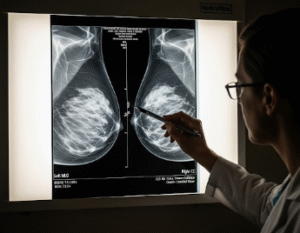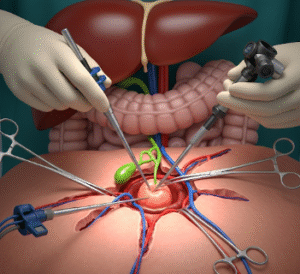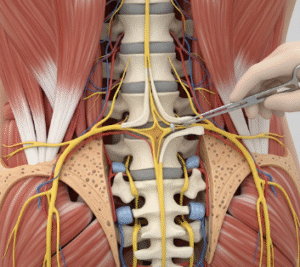Overview
Pertussis, commonly known as whooping cough, is a highly contagious respiratory infection caused by the bacterium Bordetella pertussis. It is especially dangerous for infants and young children, although it can affect people of all ages. The disease is characterized by severe coughing fits that can last for weeks and often end with a high-pitched “whoop” sound during inhalation. Vaccination has significantly reduced global incidence, but outbreaks still occur, especially in areas with low immunization rates.
What is Pertussis?
Pertussis is an acute respiratory illness that progresses through three stages: catarrhal (mild cold-like symptoms), paroxysmal (intense coughing), and convalescent (gradual recovery). It is spread through airborne droplets when an infected person coughs or sneezes. The illness can last up to 10 weeks or longer, earning it the nickname “the 100-day cough.”
The disease is especially dangerous for babies under 6 months old who are too young to be fully vaccinated, as it can lead to severe complications like pneumonia, seizures, or death.
Symptoms
Pertussis symptoms appear in three stages:
1. Catarrhal Stage (1–2 weeks):
- Runny nose
- Sneezing
- Mild cough
- Low-grade fever
- Symptoms resemble a common cold
2. Paroxysmal Stage (1–6 weeks):
- Severe, uncontrollable coughing fits
- “Whooping” sound when inhaling after a coughing episode
- Vomiting after coughing
- Exhaustion following coughing
- Cyanosis (bluish skin) in infants during severe episodes
3. Convalescent Stage (weeks to months):
- Gradual reduction in coughing
- Recovery may be slow, with lingering symptoms
Adults and adolescents may have milder symptoms without the classic “whoop,” making diagnosis more difficult.
Causes
Pertussis is caused by the bacterium Bordetella pertussis, which attaches to the lining of the respiratory tract and releases toxins that damage tissue and interfere with the immune response. It is spread via:
- Coughing and sneezing
- Close contact with infected individuals
- Sharing airspace in crowded environments
Infectiousness is highest during the catarrhal stage and early in the paroxysmal stage.
Risk Factors
Several groups are at higher risk for infection or complications:
- Unvaccinated infants and children
- Infants under 6 months old (not fully vaccinated)
- Adolescents and adults with waning immunity
- Pregnant women (can pass protection through vaccination)
- People with compromised immune systems
- Healthcare or childcare workers with close contact with children
Outbreaks are more likely in communities with low vaccination coverage.
Complications
Pertussis can lead to serious, sometimes life-threatening complications, especially in infants:
- Pneumonia
- Apnea (pauses in breathing)
- Dehydration and weight loss
- Seizures
- Brain damage (due to lack of oxygen)
- Rib fractures (from severe coughing)
- Death (particularly in babies under 1 year)
In adults, complications may include hernias, fainting, or urinary incontinence due to severe coughing.
Prevention
Vaccination is the most effective way to prevent pertussis:
- DTaP vaccine for infants and children (5 doses, starting at 2 months)
- Tdap booster for adolescents and adults
- Maternal vaccination during pregnancy to protect newborns
- Cocooning strategy: Vaccinating those in close contact with infants
- Good hygiene practices: covering coughs and washing hands
- Isolation of infected individuals during the contagious stage
Treatment Options in Korea
South Korea has an excellent public health system and provides effective care for pertussis, including prevention, diagnosis, and treatment:
- Diagnosis: Blood tests, nasal/throat swabs (PCR test), and chest X-rays may be used to confirm pertussis.
- Antibiotic Therapy: Macrolide antibiotics (e.g., azithromycin or erythromycin) are prescribed to eliminate the bacteria and reduce transmission, especially if given early.
- Supportive Care:
- Oxygen support for infants with breathing difficulty
- Hydration therapy to prevent dehydration
- Monitoring for apnea or seizures in severe pediatric cases
- Hospitalization: Often required for infants or those with severe symptoms. NICUs in Korea are equipped with advanced respiratory support technologies.
- Vaccination Programs:
- Korea’s National Immunization Program (NIP) includes free pertussis vaccinations for children.
- Adults and pregnant women are encouraged to receive Tdap boosters.
- Travel Clinics & Expat Services: Many international hospitals like Seoul National University Hospital, Asan Medical Center, and Samsung Medical Center offer vaccination and pertussis screening for foreign residents.













